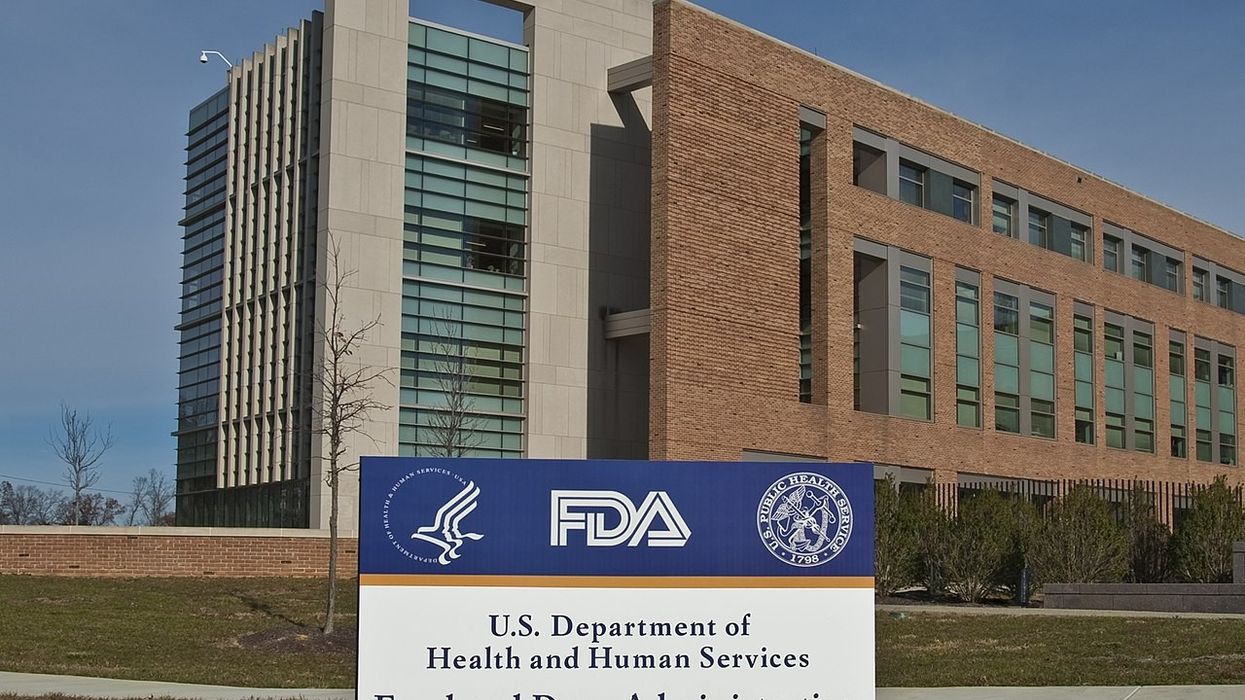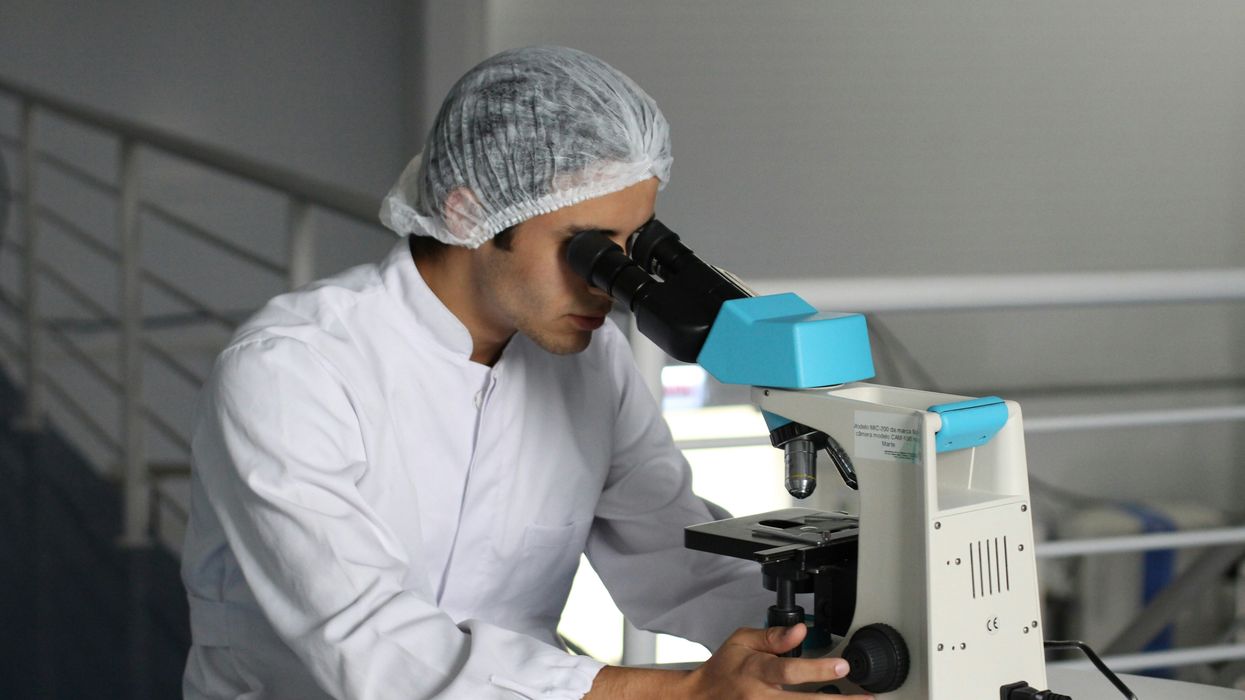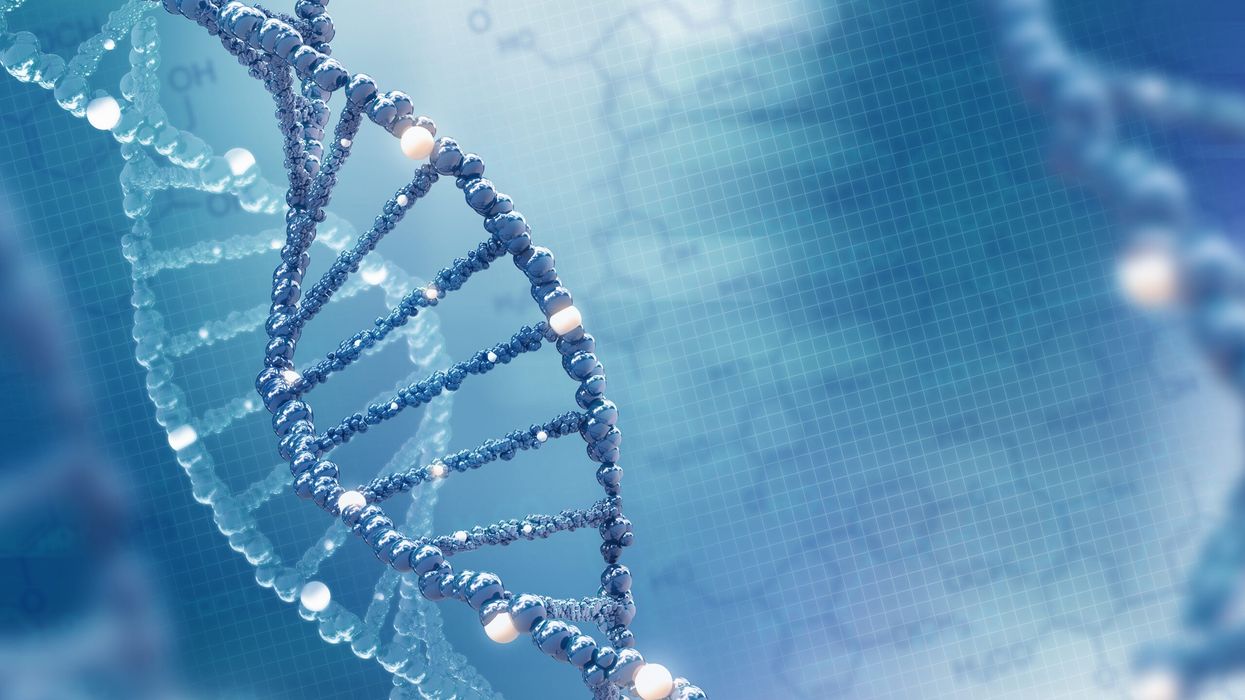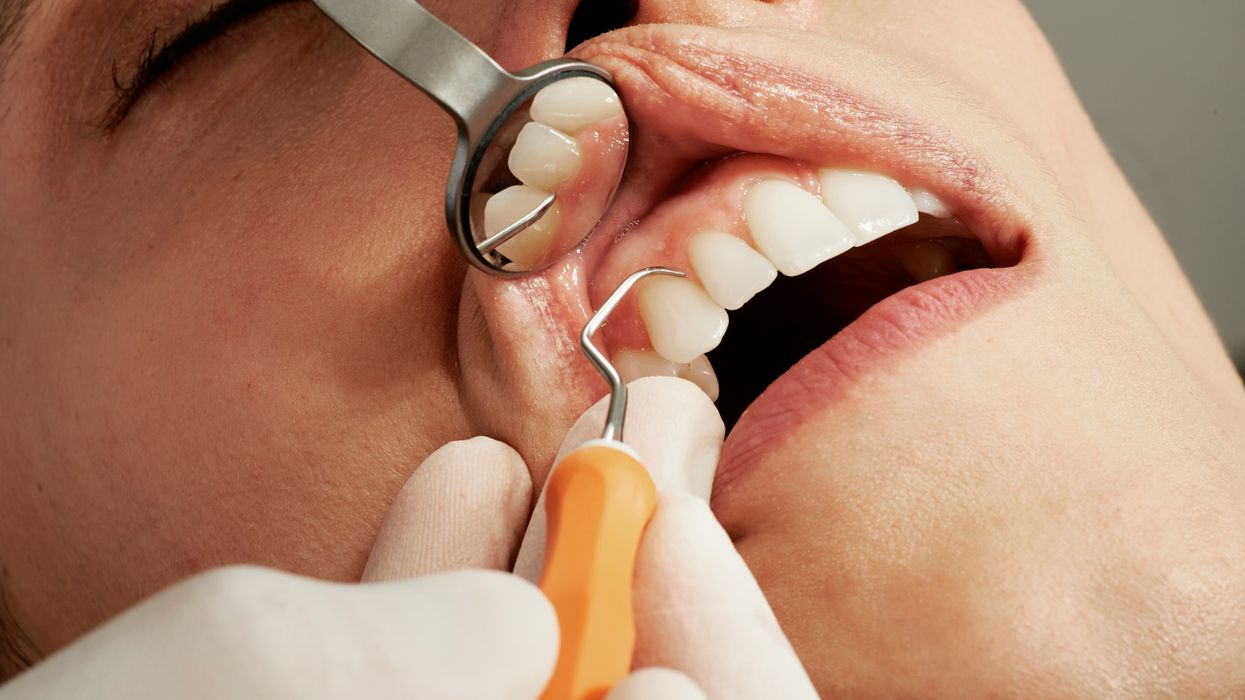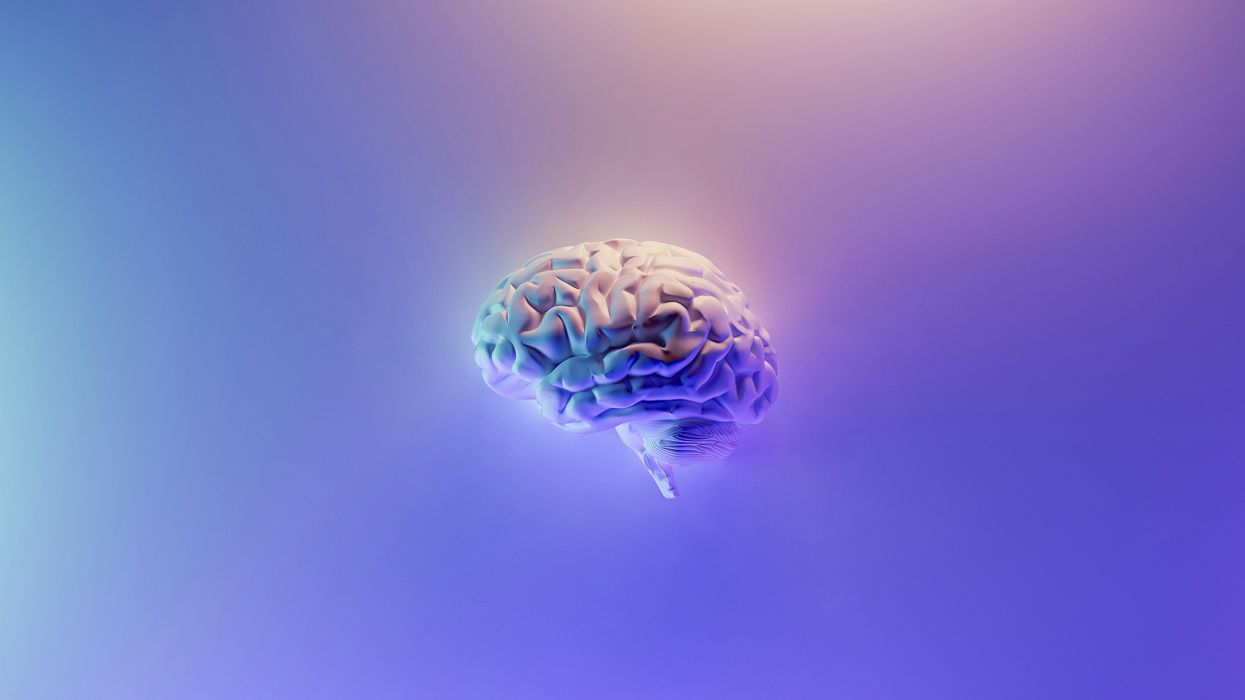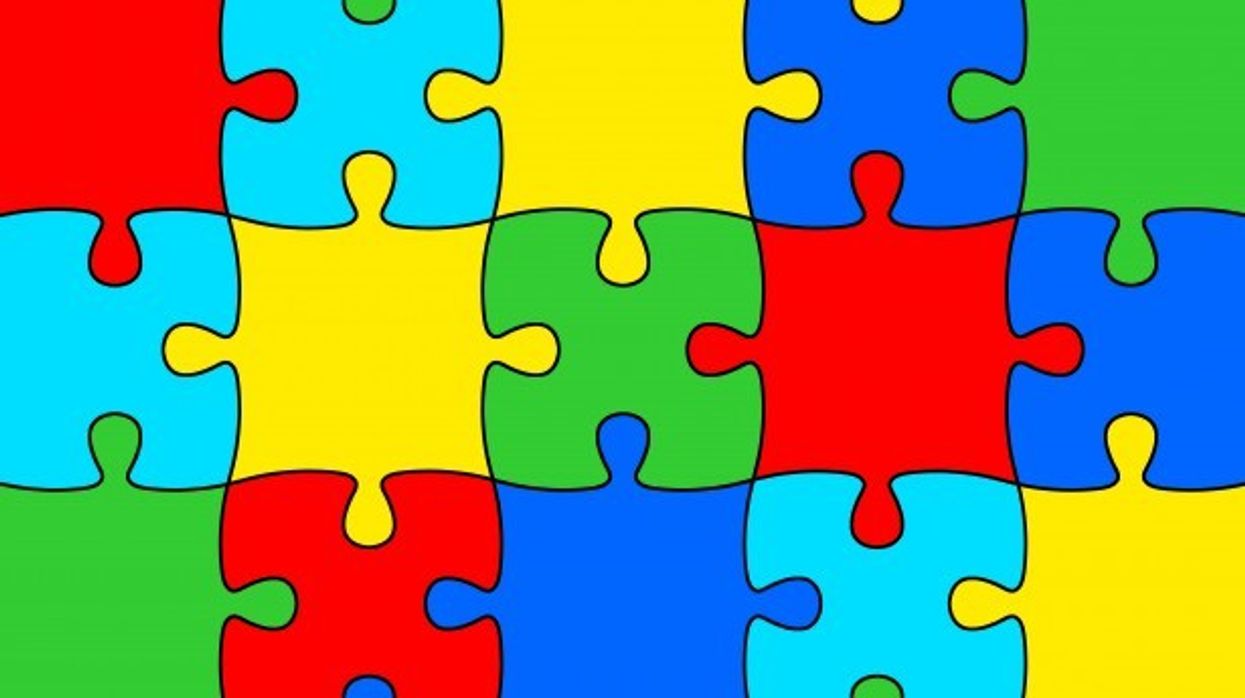July is Disability Pride Month, a time to recognize and celebrate the contributions, achievements, and experiences of people with disabilities. This month not only highlights the diversity and richness within the disability community but also serves as a crucial reminder of the ongoing fight for equal rights and opportunities. It is important to understand why this is so important for everyone.
Acknowledging History and Struggle
Disability Pride Month commemorates the signing of the Americans with Disabilities Act (ADA) on July 26, 1990. This landmark legislation was a pivotal moment in the fight for disability rights, prohibiting discrimination against individuals with disabilities in all areas of public life, including jobs, schools, transportation, and all public and private places that are open to the general public. By celebrating Disability Pride Month, we honor the activists and advocates who fought tirelessly for these rights and continue to work towards a more inclusive society .
Promoting Inclusivity and Awareness
One of the primary goals of Disability Pride Month is to promote awareness and understanding of the issues faced by people with disabilities. This month provides an opportunity to educate the public about the barriers—both physical and attitudinal—that people with disabilities encounter daily. Increased awareness can lead to greater empathy, better accessibility, and a more inclusive environment for everyone .
Empowering the Disability Community
Disability Pride Month is also about empowerment. It's a time for people with disabilities to take pride in their identity, celebrate their differences, and share their stories. This visibility can help combat stigma and misconceptions, fostering a sense of community and solidarity among individuals with disabilities. When people with disabilities are empowered to be their authentic selves, it paves the way for greater representation and participation in all areas of society .
Challenging Stereotypes and Misconceptions
Society often holds misconceptions about what it means to live with a disability. Disability Pride Month challenges these stereotypes by showcasing the diverse talents, achievements, and contributions of people with disabilities. By highlighting success stories and the positive impact of inclusive practices, we can change the narrative and promote a more accurate and respectful understanding of disability .
Advocating for Continued Progress
Despite the significant progress made since the ADA, there is still much work to be done. Many people with disabilities continue to face discrimination, lack of access, and social exclusion. Disability Pride Month serves as a call to action, reminding us that advocacy and activism are still needed to address these ongoing issues. By continuing to push for policy changes, accessibility improvements, and societal shifts, we can work towards a world where people with disabilities have equal opportunities and rights
Disability Pride Month is a powerful reminder of the importance of inclusion, awareness, and advocacy. It is a time to celebrate the achievements and contributions of people with disabilities, challenge stereotypes, and promote a more inclusive society. By recognizing and supporting Disability Pride Month, we can help build a world where everyone is valued and respected, regardless of their abilities.
References
- "Americans with Disabilities Act of 1990." ADA National Network, link.
- "Disability Awareness: Why It Matters." Center for Disability Rights, link.
- "Empowering the Disability Community." National Disability Institute, link.
- "Challenging Stereotypes about Disabilities." RespectAbility, link.
- "Advocacy and Activism for Disability Rights." Disability Rights Education & Defense Fund, link.









